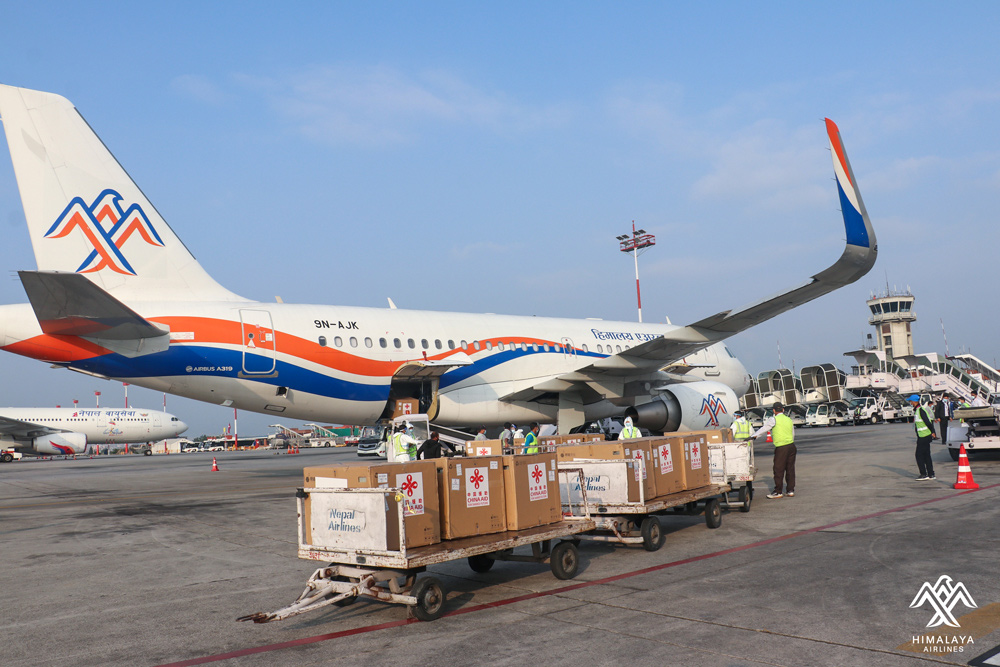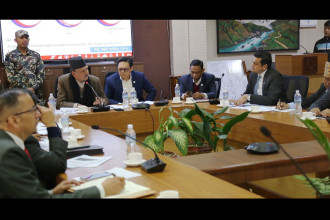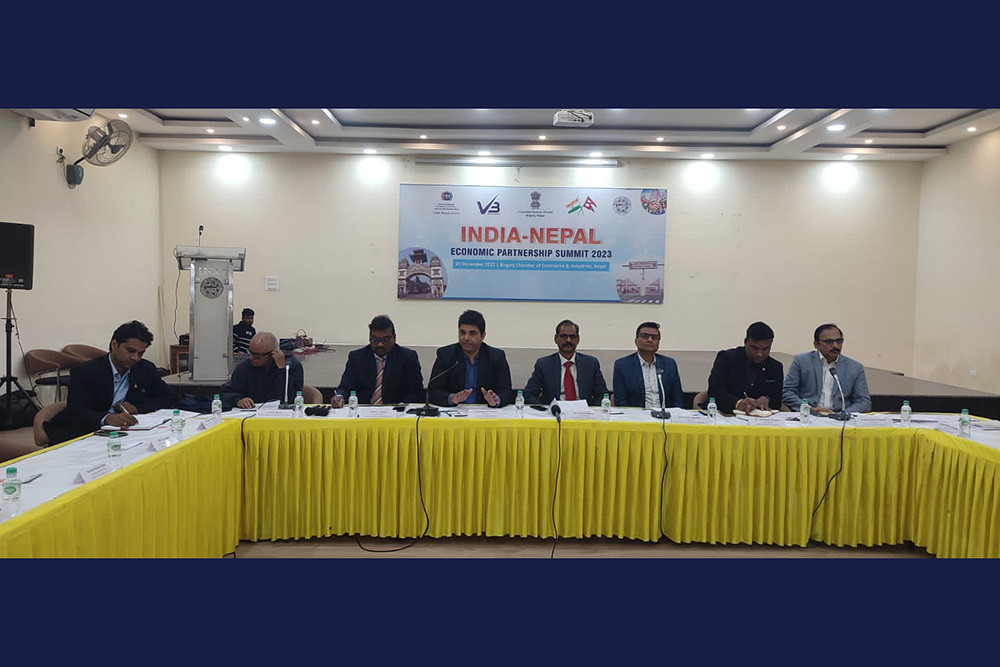
Centre for South Asian Studies, Community Self Reliance Centre (CSRC), Environment, Culture, Agriculture Research and Development Society- Nepal, Forum for Protection of Public Interest (Pro Public), Forward Nepal , LDC Watch, Local Initiatives for Biodiversity Research and Development (LI-BIRD), Niti Foundation, Society for Legal & Environmental Analysis & Development Research (LEADERS), South Asia Watch on Trade, Economics and Environment (SAWTEE) and Women’s Rehabilitation Centre (WOREC) expressed serious concern with attempts to weaken and undermine the duly motivated request of Least Developed Countries (LDCs) to the TRIPS Council of the World Trade Organisation (IP/C/W/668) and the lack of progress on the request.
The letter states that presently LDCs are facing the worst economic crisis seen in the past 30 years as a result of Covid 19 according to UNCTAD’s LDC Report 2020, which also forecasts falling income levels, widespread employment losses and widening fiscal deficits. At least 50% of the world’s extremely poor live in LDCs, and the current covid crisis is expected to push at least 32 million more people into poverty in 2020. The report informs that “at least 43 out of the 47 LDCs will likely experience a fall in their average income” and that “the current account deficit of LDCs is forecast to widen from $41 billion (or 3.8% of their collective GDP) in 2019 to $61 billion (or 5.6% of their GDP) in 2020, the highest value ever”.
It also says that shockingly the 2021 Financing for Sustainable Development Report (FSDR) of the UN Inter-agency Task Force on Financing for Development has found that “Covid 19 could lead to a lost decade for development - one most pronounced in the Least Developed Countries (LDCs)”. LDCs’ situation is extremely alarming. At this moment LDCs need maximum policy flexibility. Even before the Covid crisis LDCs faced severe constraints, such as limited availability of skilled labour, productive capacities, access to secondary education, electricity, and internet access. The basic conditions to benefit from full TRIPS implementation are mostly absent in LDCs. They also lack affordable access to knowledge-based goods crucial for sustainable development such as access to health products including for Covid 19 such as ventilators, educational materials, green technologies. Covid 19 has worsened the situation. Even the limited progress made towards Sustainable Development Goals are expected to be reversed/ “According to a UN Study “The Covid 19 pandemic not only threatens to throw LDCs back many years in achieving SDGs on poverty, hunger, health and education, but it also exacerbates inequalities, further jeopardising the achievement of SDG5 on gender equality and women’s empowerment and SDG10 on reducing inequalities.” It also stresses that the “financial situation in LDCs has become more challenging, with a fall in FDI and remittances, and almost half of LDCs are at high risk of, or already in, debt distress. Limited fiscal space has meant that the fiscal response to the pandemic of most LDCs has been inadequate. ”
The open letter questions that in such a situation, how can the WTO’s TRIPS Council, and especially the US and EU, not heed to LDCs’ request? It is absolutely unconscionable especially given the fact that Art. 66.1 grants LDCs an automatic right to transition period following a duly motivated request by LDCs for it states the “Council for TRIPS shall, upon duly motivated request by a least-developed country Member, accord extensions of this period.”
It goes on to state that it is appalling that more than seven months since the request was made, at a time of unprecedented global crisis, with the most vulnerable bearing the worst impact, the WTO TRIPS Council has yet to grant the LDCs’ request. Short transition periods granted in the past have proven to be inadequate. And it is clear, now more than ever LDCs will require the transition period to continue post-graduation as the exceptional developmental challenges LDCs are facing will continue even after graduation.
The organisations call attention that the international community through UN resolutions 59/209 of 20 December 2004 and 67/221 of 21 December 2012, have called for the continuation of existing special and differential measures post-graduation.
Published Date: July 1, 2021, 12:00 am
Post Comment
E-Magazine
RELATED B360 National





